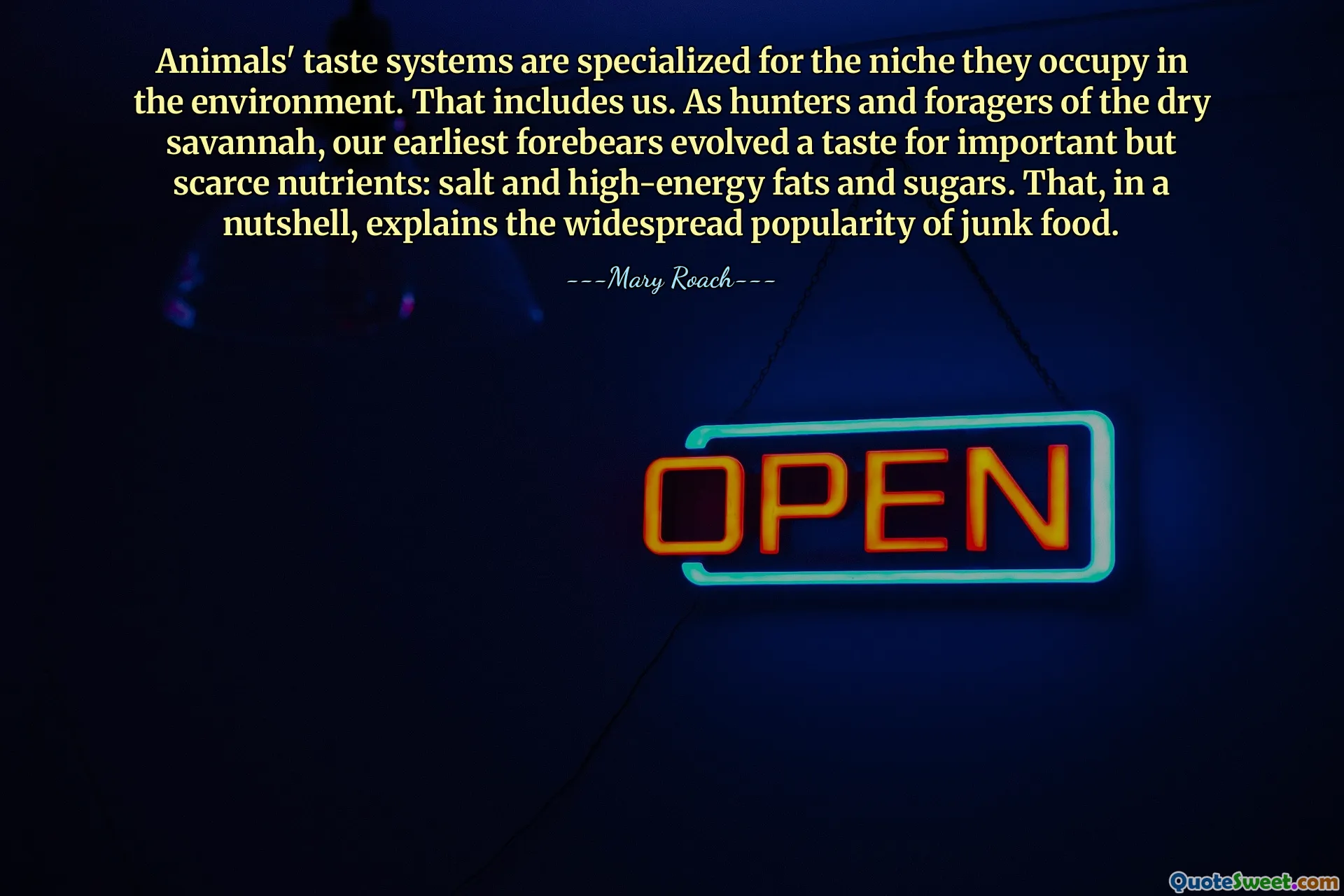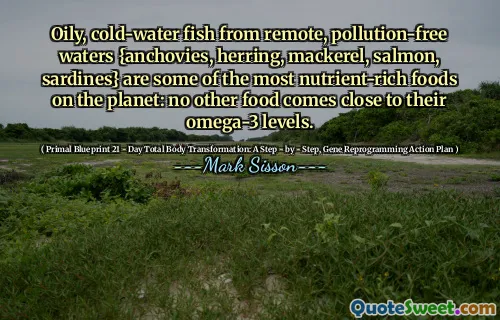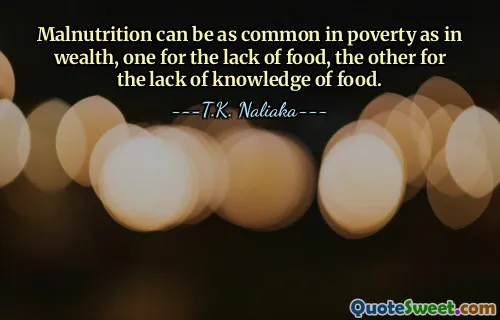
Animals' taste systems are specialized for the niche they occupy in the environment. That includes us. As hunters and foragers of the dry savannah, our earliest forebears evolved a taste for important but scarce nutrients: salt and high-energy fats and sugars. That, in a nutshell, explains the widespread popularity of junk food.
Our innate preference for salt, sugars, and fats is rooted in our evolutionary history, where such nutrients were scarce yet vital for survival. This receptor adaptation provided a significant advantage in environments like the dry savannah, where early humans had to be keenly attuned to consuming energy-dense and essential nutrients to sustain themselves amid limited resources. Over time, this ingrained affinity influenced human dietary choices and cravings, shaping modern eating habits. Unfortunately, in today's context, these once advantageous biological tendencies can lead us astray. Processed foods high in salt, sugar, and fats are engineered to maximize appeal through flavor and texture, tapping directly into these deep-seated preferences. Consequently, this drives the widespread allure of junk food, contributing to health issues such as obesity, cardiovascular diseases, and metabolic disorders. Recognizing the evolutionary basis behind our tastes affords us a more compassionate and informed perspective, emphasizing the importance of moderation and mindful eating. It also highlights the need for food systems and policies that help align modern dietary habits with healthful choices, considering our biological predispositions. On a broader scale, this understanding sheds light on the complex interplay between biology, environment, and culture in shaping human behaviors toward food consumption.











